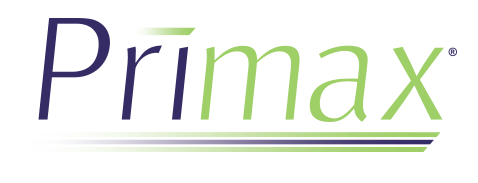By: Lou Grilli, Senior Innovation Strategist
Starting when I was a child up until a few years ago, I had a safe deposit box. In it, I stored a coin collection, mostly silver dollars, a raised seal copy of my birth certificate, the title to my previous car, college transcripts, and at various times, my passport and some other papers and documents. Over the years, I sold the coin collection, I traded in the car, started keeping documents in a home safe and then closed the safe deposit box.
Lately, I have found a renewed need for a safe deposit box, only this time for all of my digital goods that are stored in several different places. For example, I started a new coin collection – Ethereum cryptocurrency. I have a new automobile title, but it’s stored digitally at the DMV. My next car will have digital keys, which Apple has already announced can be stored in its Apple wallet. Several states, including mine (Florida), are moving forward with digital versions of their drivers’ licenses. While the U.S. federal government is not issuing a “vaccine passport,” several EU countries are, and it remains to be seen whether U.S. travelers to Europe may be required to obtain one as well. All of these digital assets and digital documents need to be stored someplace!
Non-fungible tokens, or NFTs, are a fairly new, still not universally understood, digital asset. Similar to the digital car title, an NFT represents ownership of a digital item, such as a song or digital artwork. A unique encrypted token represents ownership of the song or piece of art. The song or art can be copied many times over, but ownership is unique. However, ownership can be sold and bought, and like other digital assets, must be stored securely. This is where the modern-day version of a safe deposit box comes in.
There is potential for a person to end up with multiple digital wallets; a wallet dedicated to cryptocurrency, a wallet specific to NFTs, a wallet for a digital driver’s license, etc. And these wallets may be on different devices. The NFT wallet might exist on a laptop, while the digital driver’s license might exist on a mobile phone. But there is a better solution: a digital wallet provided by my community bank.
My trust in my community bank is much higher than my trust in the fintechs that are already developing or offering digital wallets. I trust my bank already with my money, my loans, and my credit and debit cards. Extending that trust to storing my cryptocurrency and NFTs in a safe digital wallet, accessible from laptop or mobile, is a no-brainer. Community banks are not yet readily offering digital wallets today. However, having a modern-day safe deposit box for customers to store their valuable digital goods is something for community banks to consider.
Lou Grilli is a senior innovation strategist, tasked with building and shaping a superior payment and banking experience capability. Lou is currently focused on real-time payments and cryptocurrency. Lou participates on the U.S. Faster Payments Council, and is named on a patent for the use of blockchain for loyalty programs. Lou holds an MBA from Duke, and a Master’s degree in Computer Engineering from the University of South Florida.




